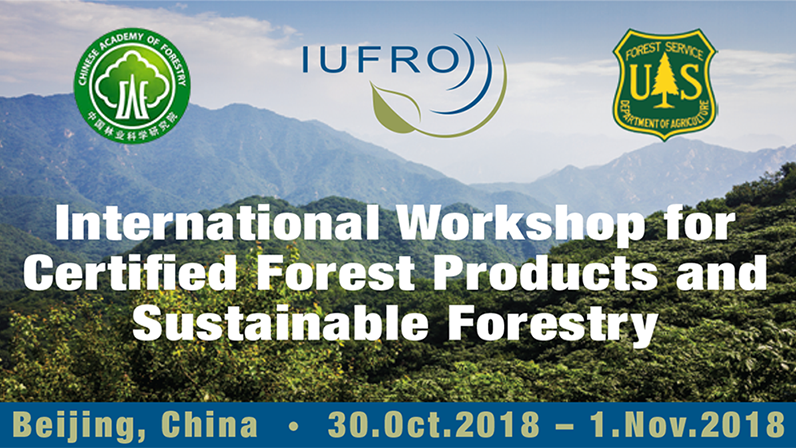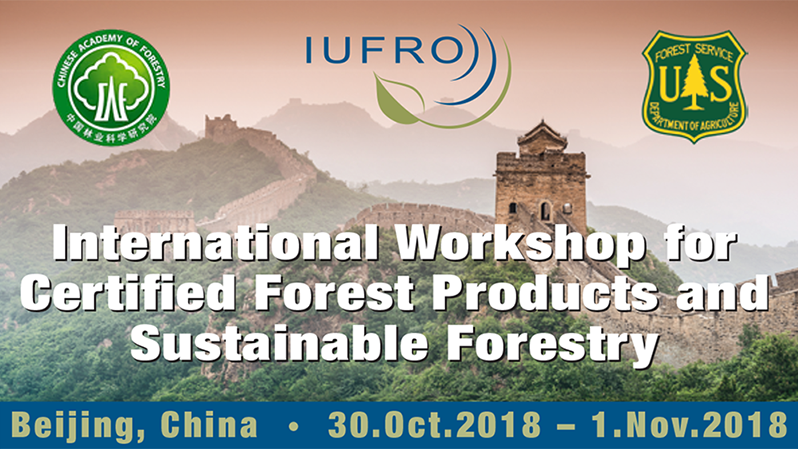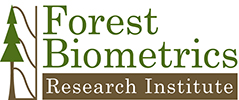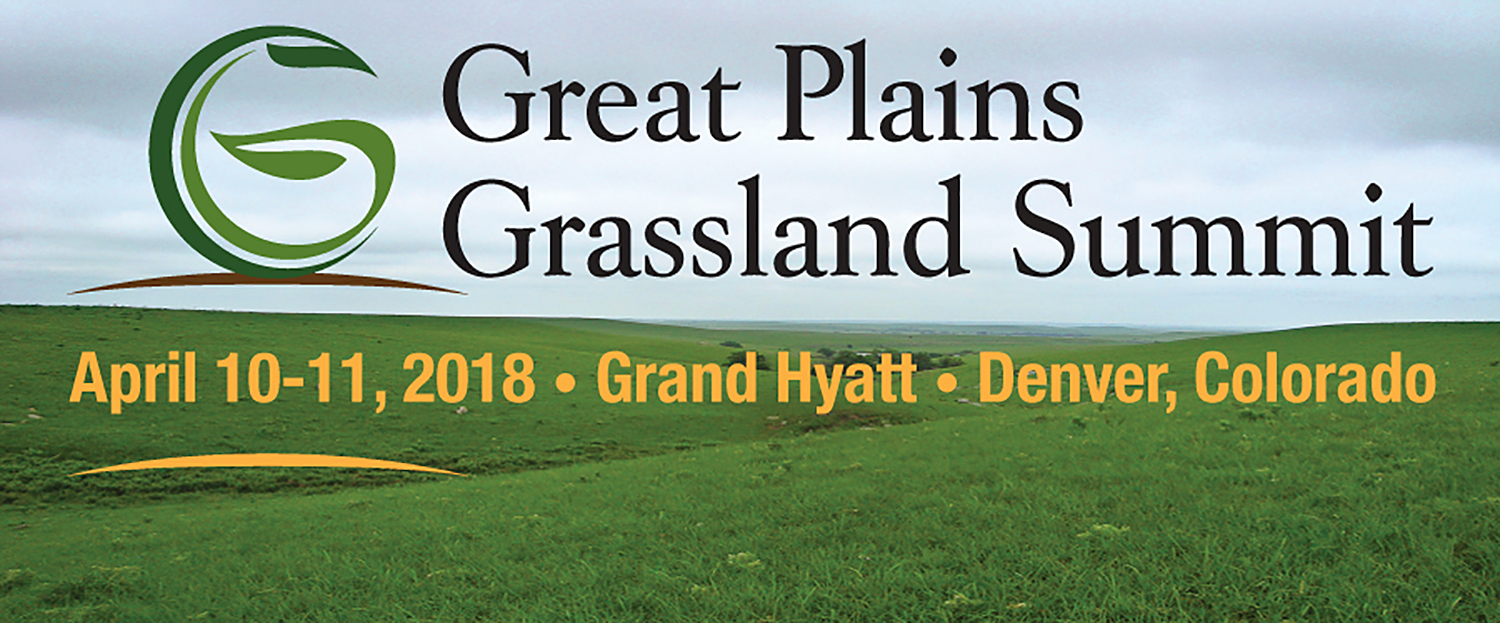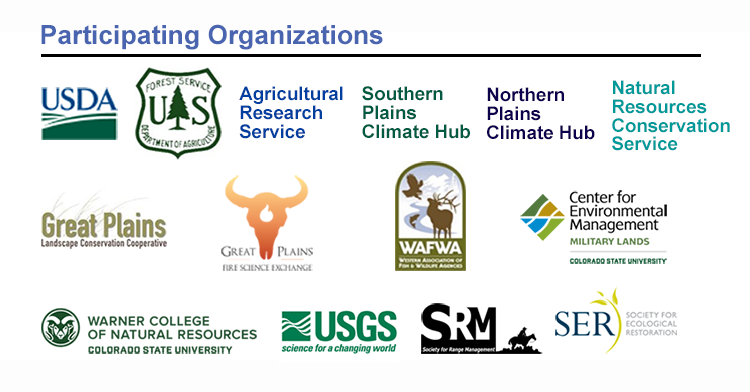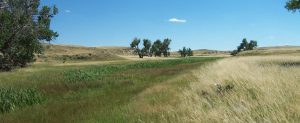Wednesday, October 11, 2017
8:00 Continental breakfast
8:30 Welcome and Introductions
8:40 Monitoring and Maintaining Seedling Quality to Optimize Outplanting Performance – Diane Haase, Western Nursery Specialist, USDA Forest Service, Portland, OR
9:15 Using Side x Side Trials to Evaluate Outplanted Nursery Stock – Robbie Lefebvre, Oregon Department of Forestry, Salem, OR
9:50 Forest Regeneration and Density Management Issues Associated with Droughty, Glacial-Origin Soils in Western Washington – Tim Harrington, USDA Forest Service, PNW Research Station, Olympia, WA
10:25 Break
10:50 Assisted Migration Planting Efforts for Pinus ponderosa on a Post-Fire Environment in Northern New Mexico – Owen Burney, New Mexico State University, Mora, NM
11:25 Remote Monitoring of Outplanting Sites Using Cameras and Environmental Sensors to Identify Planting Windows – Ed Messerlie, USDA Forest Service, National Technology and Development Program, Missoula, MT
12:00 Lunch
1:00 Nursery Soil Fumigation and Outplant Performance – Nabil Khadduri, Washington Department of Natural Resources Webster Nursery, Olympia, WA
1:35 Two Years Post-Wildfire Reforestation with Ponderosa Pine and Mycorrhizae: Did it Work? – Florian Deisenhofer, Hancock Forest Management, Vancouver, WA
2:10 Responses of PNW Conifer Plantations to Chemical Vegetation Management Treatments – Maxwell Wightman, Oregon State University, Corvallis, OR
2:45 Break
3:10 Contracting, Communication, and Pricing Trends for Forest Seedlings – John Trobaugh, Washington DNR Webster Nursery, Olympia, WA
3:45 Where Does Backpack Spraying Fit Into Your Vegetation Management Program? The Costs, Benefits, Efficacy, and Practicality Comparisons between Aerial Spraying and Ground Herbicide Applications – Bruce Alber, Wilbur-Ellis Company, Wilsonville, OR
4:20 Adjourn
6:00 Evening Social at McMenamins (included with registration)
Thursday, October 12, 2017
Optional Field Trip
As of Oct. 4, 2017 the Optional Field Trip registration is at capacity and CLOSED to further registrations.
8:00 – 4:00 Field tour with stops hosted by Oregon State University, Oregon Department of Forestry, and Starker Forests. Stops will focus on established field trials for evaluation of short- and long-term nursery and site-prep effects on seedling growth and survival. See top right-hand column for field tour schedule.

